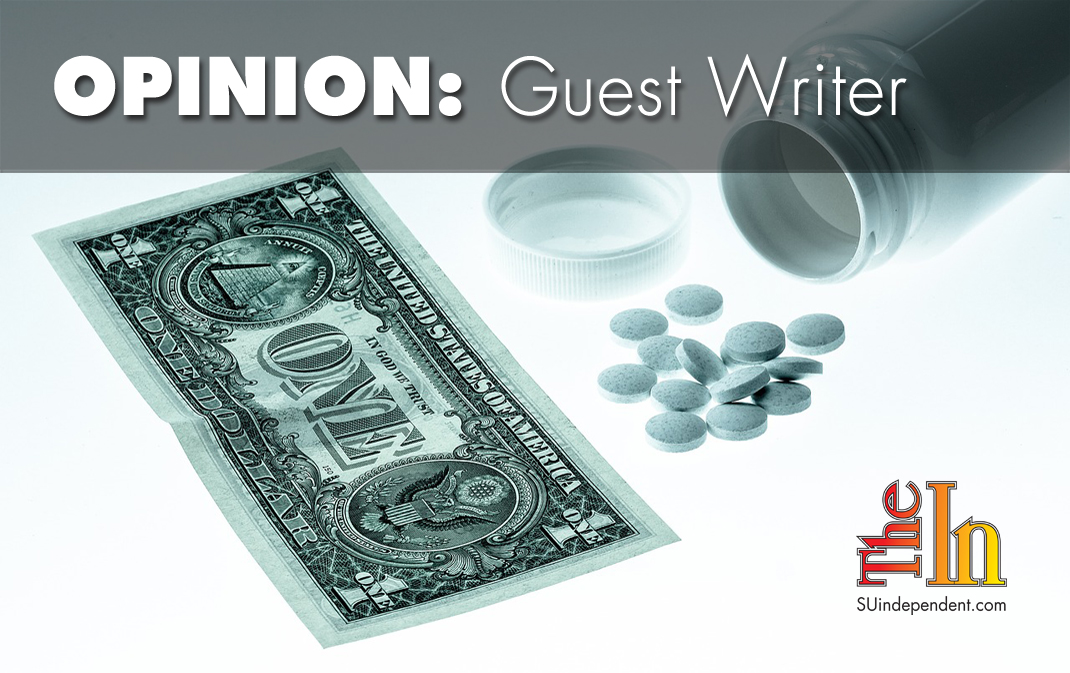
When Trump channels Bernie Sanders, patients lose
By Sally C. Pipes
President Donald Trump and Senator Bernie Sanders don’t agree on much. But they both believe in price controls.
Both men recently introduced separate proposals to impose price controls on prescription drugs. Their plans are deeply misguided. Both proposals would discourage drug research and reduce access to medicines.
The Trump administration’s proposed rule would change the way Medicare pays for most cancer drugs and other medicines administered in a healthcare facility. Currently, doctors buy these drugs up front, and Medicare reimburses them for the cost, which is pegged to the medicines’ average sales prices.
The administration wants to instead peg payments to the artificially low prices paid in 14 foreign countries that embrace price controls. The administration claims this change would save taxpayers $17 billion over five years.
Sen. Sanders’ bill goes even further. Instead of capping prices only in the Medicare program, it would extend the arrangement to all U.S. pharmaceutical sales. His bill would require drug companies to charge no more than the median price paid in Canada, the United Kingdom, Germany, France, and Japan. If companies refuse to comply, the government could invalidate companies’ patents and allow competitors to produce cheaper copycat medicines.
Artificially capping drug prices would discourage research. Developing a new drug is an extremely risky endeavor, typically taking up to 15 years and $2.6 billion. The failure rate is extremely high. Investors are only willing to fund this risky research because they might profit if a drug is successful.
Price controls prevent drug companies from even having a chance to profit, thus destroying the incentive to invest. According to a 2018 analysis, lifting price controls in the world’s 34 Organization for Economic Cooperation and Development countries would boost pharmaceutical revenues up to 30 percent, resulting in 13 additional drugs launched each year by 2030.
It’s deeply unfair that the United States, with its relatively free market for drugs, is forced to fund roughly half the world’s total pharmaceutical R&D. But the solution to foreign freeloading isn’t to copy other nations’ price controls and stifle innovation here at home. Rather, the solution is stronger trade policies that encourage other nations to value innovation.
Lives depend on continued research investment. In addition to improving health outcomes, such policies could actually lower health spending.
The number of Alzheimer’s patients is forecast to more than double by 2050. Finding a therapy to delay the onset of Alzheimer’s by just five years could save the United States $218 billion annually by 2050.
Such a therapy will never be developed if the Trump White House or a future Democratic administration imposes price controls.
Sally C. Pipes is president, CEO, and Thomas W. Smith Fellow in Health Care Policy at the Pacific Research Institute. Her latest book is “The False Promise of Single-Payer Health Care.”
The viewpoints expressed above are those of the author and do not necessarily reflect those of The Independent.
How to submit an article, guest opinion piece, or letter to the editor to The Independent
Do you have something to say? Want your voice to be heard by thousands of readers? Send The Independent your letter to the editor or guest opinion piece. All submissions will be considered for publication by our editorial staff. If your letter or editorial is accepted, it will run on suindependent.com, and we’ll promote it through all of our social media channels. We may even decide to include it in our monthly print edition. Just follow our simple submission guidelines and make your voice heard:
—Submissions should be between 300 and 1,500 words.
—Submissions must be sent to editor@infowest.com as a .doc, .docx, .txt, or .rtf file.
—The subject line of the email containing your submission should read “Letter to the editor.”
—Attach your name to both the email and the document file (we don’t run anonymous letters).
—If you have a photo or image you’d like us to use and it’s in .jpg format, at least 1200 X 754 pixels large, and your intellectual property (you own the copyright), feel free to attach it as well, though we reserve the right to choose a different image.
—If you are on Twitter and would like a shout-out when your piece or letter is published, include that in your correspondence and we’ll give you a mention at the time of publication.



